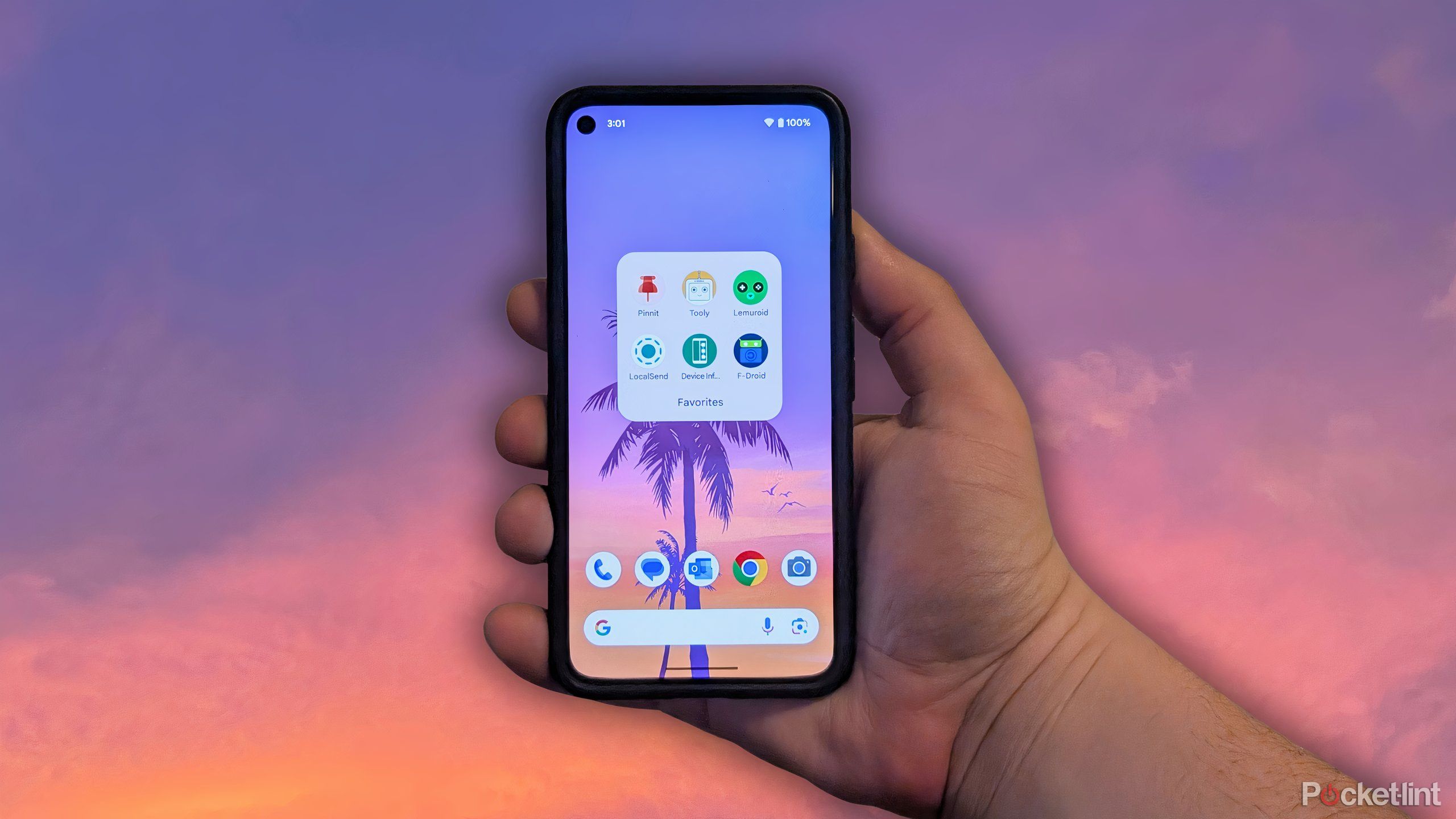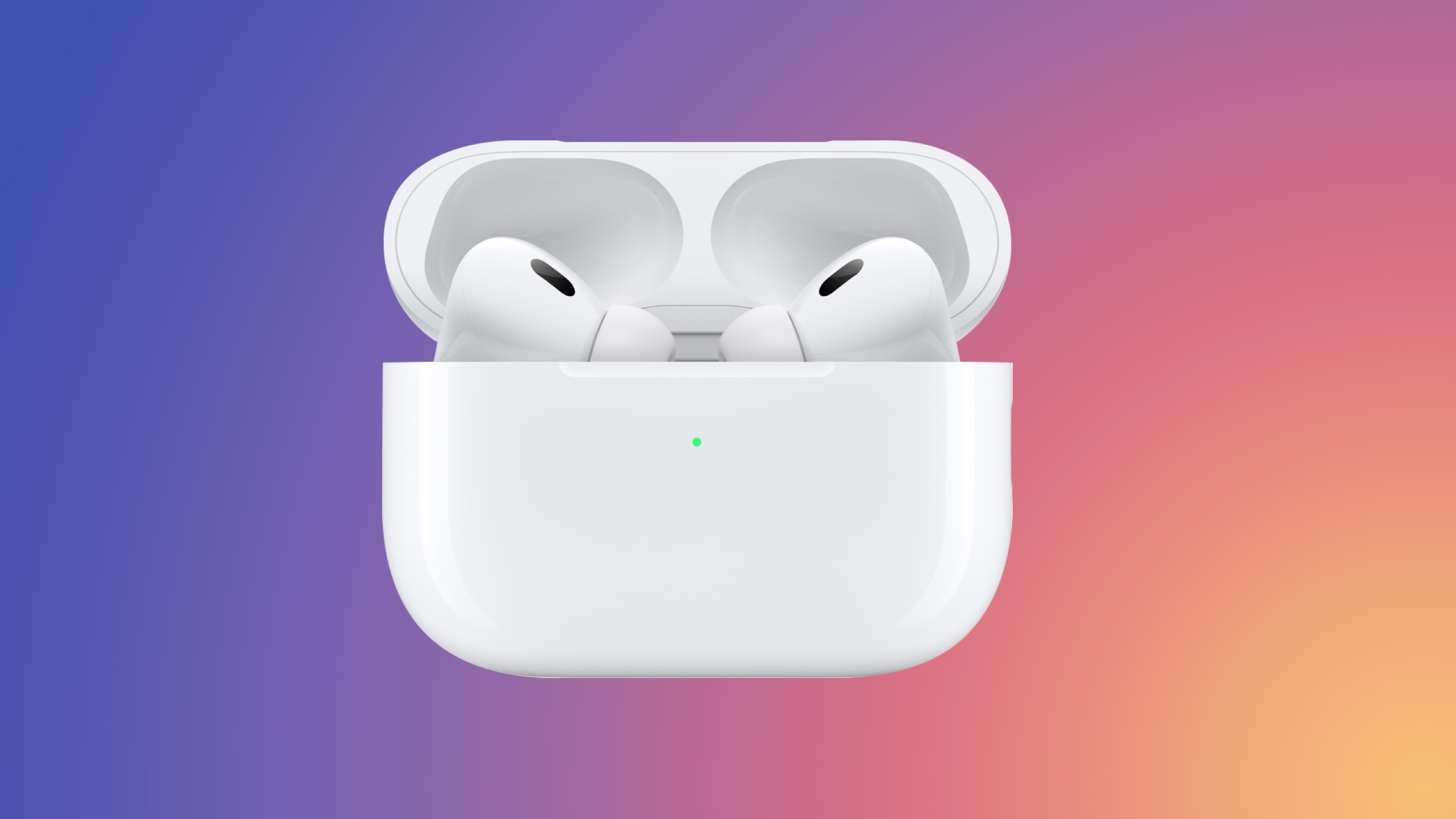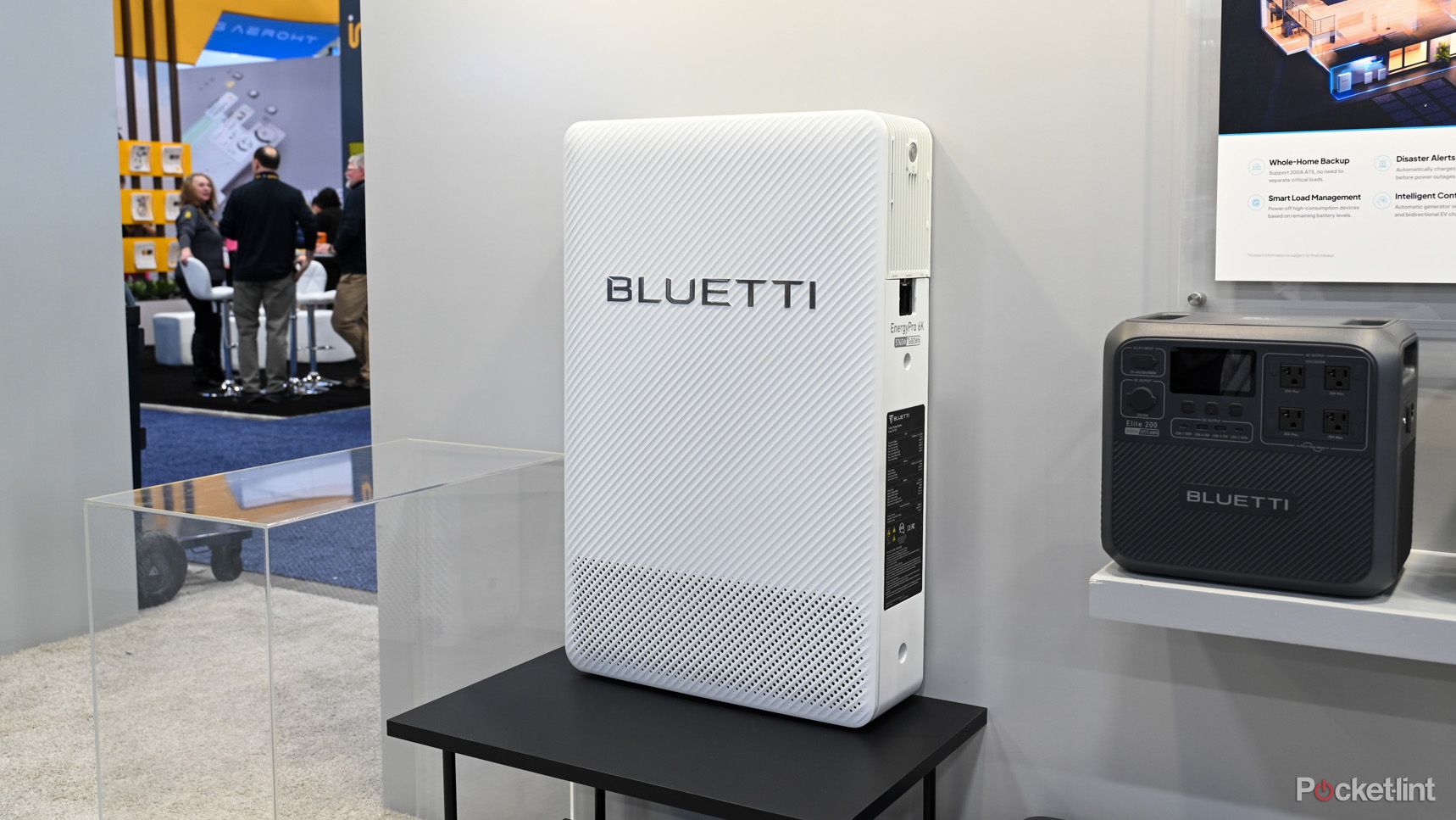Has Windows 11 Copilot AI disappointed you so far? The AI could soon get supercharged
Windows 11’s Copilot AI, which has only just entered testing, is still in a very barebones state, but a hint has been dropped that this could change soon, and the assistant should be getting considerably more extensive powers.
PhantomOfEarth, a Windows tester and regular leaker on Twitter, made the discovery that the new preview build 23506 of Windows 11 contains the first signs of Windows Copilot inbox plugins.
Build 23506 appears to include early signs of inbox Windows Copilot plugins. Added to C:WindowsSystemAppshttps://t.co/xTgPmqbmDo_cw5n1h2txyewy:- InboxPlugins.dll- InboxPluginsHost.exe- A folder called InboxPlugins with several .json files (1/3)July 20, 2023
What does that mean? Windows Copilot is essentially the Bing AI integrated into the OS via a side panel, capable of all the things the chatbot can do when interacted with online. However, the key difference is the ability to get the AI assistant to do stuff with Windows 11, such as changing settings. Meaning you might ask to ‘help me focus’ and Copilot can turn on a bunch of options to do this in one sweeping move.
And seemingly much of that fiddling with settings will be implemented via these plugins. In this way, as Windows Latest (which spotted this) points out, Microsoft can avoid bloating Copilot and slowing the experience down. (You won’t necessarily need all the plugins, of course – you can pick and choose).
While none of these plugins highlighted on Twitter work yet – these are just the first signs of them turning up in Windows 11 – we can see what the various features delivered as plugins might end up being (or some of them). As ever, though, just because they’re present in the background in testing doesn’t mean they’ll ever be realized.
With that caveat firmly in mind, the abilities spotted so far include an intriguing one: ‘boosting the user’s PC’, which should apply a bunch of tweaks to help the system run faster.
Other plugins are aimed at giving Copilot the ability to fire up (or close) apps, to set alarms or timers under Windows, to configure settings in general, to search for files the user needs, and even to offer ‘store suggestions’, which we presume means recommendations for apps to grab at the Microsoft Store?
As well as first-party plugins from Microsoft, the idea is that third-party plugins will be available too.
Analysis: Some difficult decisions ahead for Microsoft
Okay, so it sounds great for the Copilot AI to be able to optimize the performance of your system based on a simple request to ‘make things faster’ or similar. The note of caution comes, though, in the potential for things to go wrong here.
Presumably, any settings tweaks would be easily reversible if things somehow go awry with a batch of changes Copilot implements, but even so, the AI tinkering with things and coming off the rails – making things worse, not better – will not go down well with users.
As we’ve seen, there’s a clear potential for AI systems to make errors, which means that Microsoft must be very careful that when Copilot is finally introduced to all Windows 11 users, it works flawlessly. Otherwise, the AI will not make a good first impression which will be difficult to recover from. (We can just imagine it now: “That Copilot thing – it’s just another Clippy” and so forth).
This is why we don’t think Microsoft will rush to get Copilot in the Windows 11 23H2 update later this year – as the rumor mill seems to believe – because the company can’t afford to get it wrong.
Another route Microsoft could take is to roll out Windows Copilot with its Bing AI chatbot skills and just a few select plugins, meaning only a basic level of functionality for changing things in Windows 11, keeping that all very simple to begin with, and then building on it.
Maybe this is what Microsoft is planning, but the danger here is that Copilot will still feel underwhelming compared to what we’ve been promised in early teases – and again, that’d be a wobbly first impression to make.
To us, it makes more sense to keep this as a massive new feature for Windows 12 next year, and a compelling reason to upgrade.
It’s not as if there’s any real rush for Windows Copilot, not like there was with launching Bing AI earlier this year (namely beating Google’s Bard AI to the punch) – and notably, the wheels came off then, if you recall. Best be sure all the nuts are properly tightened this time round, Microsoft…






